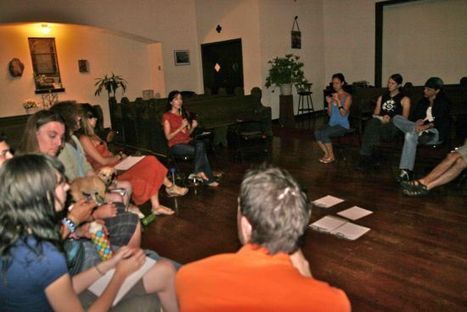"The principles of open collaboration for innovation (and production), once distinctive to open source software, are now found in many other ventures. Some of these ventures are Internet based: for example, Wikipedia and online communities. Others are off-line: they are found in medicine, science, and everyday life. Such ventures have been affecting traditional firms and may represent a new organizational form. Despite the impact of such ventures, their operating principles and performance are not well understood. Here we define open collaboration (OC), the underlying set of principles, and propose that it is a robust engine for innovation and production. First, we review multiple OC ventures and identify four defining principles. In all instances, participants create goods and services of economic value, they exchange and reuse each other’s work, they labor purposefully with just loose coordination, and they permit anyone to contribute and consume. These principles distinguish OC from other organizational forms, such as firms or cooperatives. Next, we turn to performance. To understand the performance of OC, we develop a computational model, combining innovation theory with recent evidence on human cooperation. We identify and investigate three elements that affect performance: the cooperativeness of participants, the diversity of their needs, and the degree to which the goods are rival (subtractable). Through computational experiments, we find that OC performs well even in seemingly harsh environments: when cooperators are a minority, free riders are present, diversity is lacking, or goods are rival. We conclude that OC is viable and likely to expand into new domains. The findings also inform the discussion on new organizational forms, collaborative and communal."
 Your new post is loading...
Your new post is loading...















